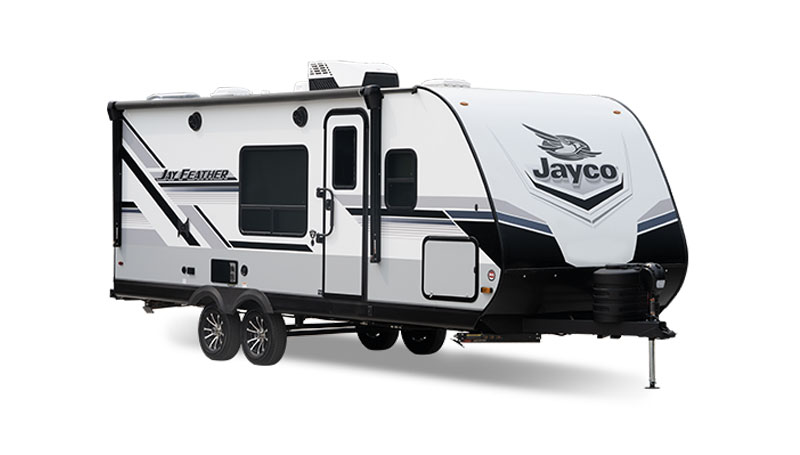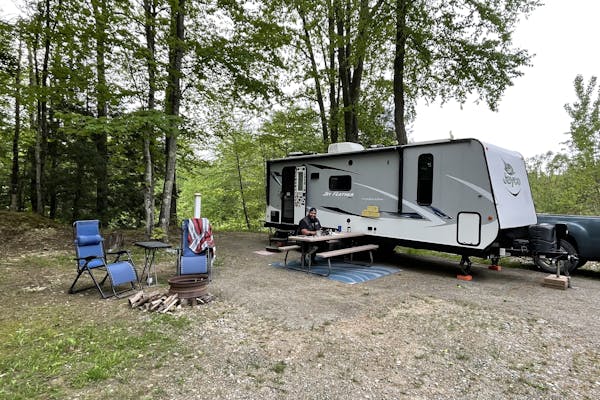We will be the first ones to tell you that RV life isn’t always gorgeous hikes, national park trips and scenic campsites. And while RVing does make it easier to see a lot of beautiful places and experience a lot of new things, there will be plenty of times when you won’t have much to do.
After nearly four years of RVing full-time, we’ve realized that it’s important to learn how to spend downtime in your RV. And this applies to anyone that RVs, including full-timers, extended travelers, even seasonal or summer RVers—there will always be some moments of downtime. Downtime in an RV can occur for a variety of reasons:
- Bad weather or prolonged storms may force you to stay inside and stay put.
- Getting sick or needing to recover from an illness or ailment might slow you down and keep you inside.
- Your RV may need repairs or a maintenance update, which could cause you to stay stationary for a while
- Work opportunities or job obligations may require you to temporarily halt your travels.
- You simply might just need some time to rest and take a break from traveling.








